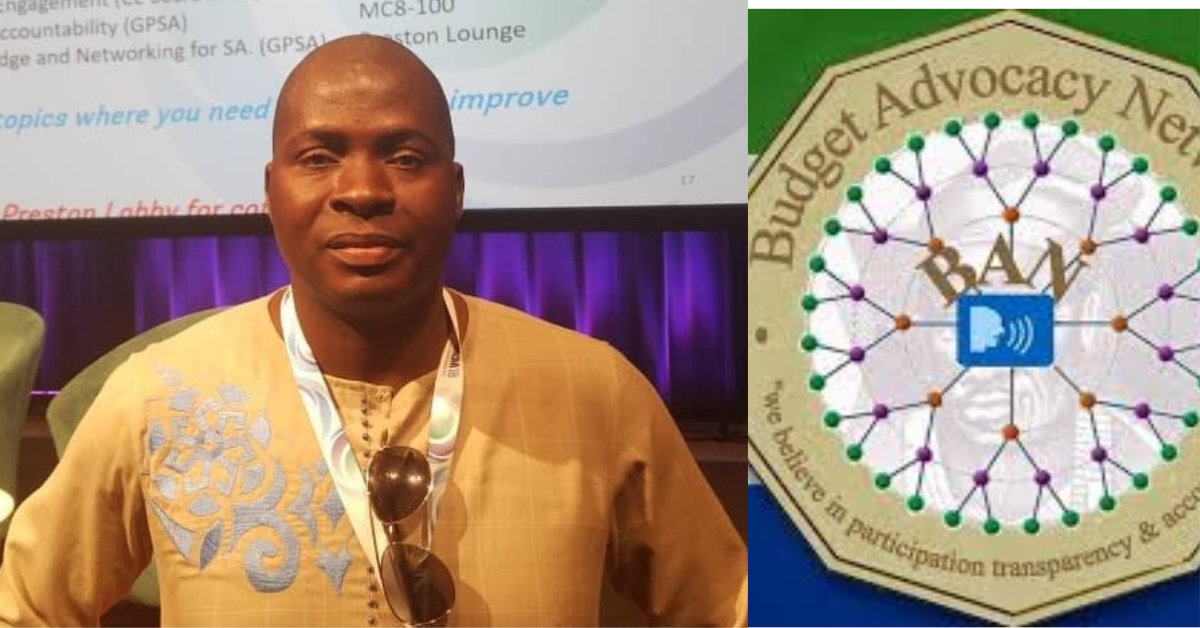The Budget Advocacy Network (BAN) has raised concerns over Sierra Leone’s FY2025 national budget, presented to Parliament on November 15, 2024, despite lauding strides in reducing inflation and narrowing the trade deficit.
The advocacy group flagged critical issues, including dwindling foreign reserves, a widening budget deficit, and inadequate funding for essential sectors such as health.
BAN commended the government for bringing inflation down to 20.2% and reducing the trade deficit but warned that foreign reserves, now covering just two months of imports, are dangerously low. The group cautioned that this could lead to further currency depreciation and rising inflation. It proposed measures like introducing diaspora bonds, boosting agricultural investments, and strengthening tax enforcement to stabilize the economy.
The group expressed alarm over the projected budget deficit of NLe 7.5 billion and an unsustainable wage bill consuming 40% of domestic revenue. BAN urged the government to prioritize essential services like health and education, curb non-essential spending such as overseas travel, and implement e-governance to reduce administrative costs.
On health, BAN criticized the allocation of only 9% of the budget, which falls short of the 15% target set by the Abuja Declaration. The organization called for greater investment in healthcare infrastructure, primary care, and preventive services to address the country’s pressing health challenges.
BAN also questioned the lack of transparency regarding funds raised from import duties on essential goods and the education levy. It emphasized the need for quarterly updates to improve public trust and accountability.
Highlighting the importance of budget credibility, BAN urged the government to align spending with allocations to ensure uninterrupted service delivery. The group also called for collaborative efforts from all stakeholders to address these economic and developmental challenges.
BAN concluded its statement with a call for the government to adopt innovative and transparent strategies to support pro-poor development and achieve sustainable growth.











